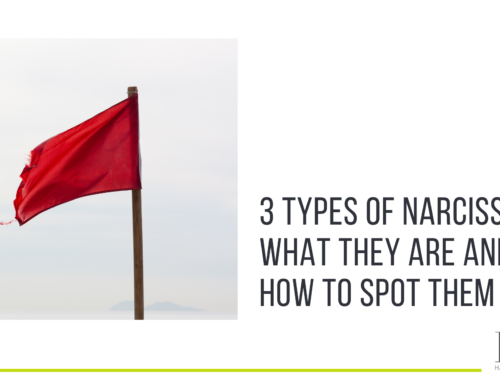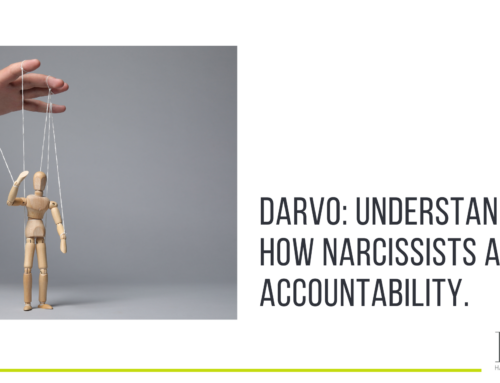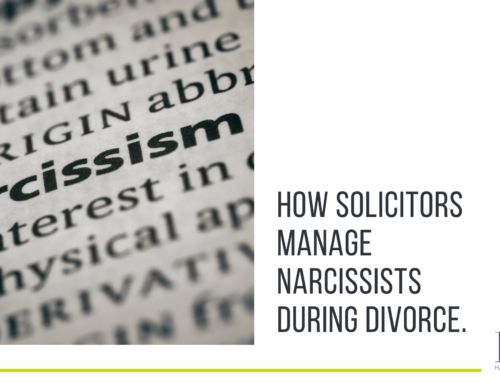Narcissists share specific characteristics, for example, a feeling of heightened superiority, entitlement, and lack of empathy towards others. When it comes to their behaviour, they’re likely to avoid any sense of accountability and may well exploit your vulnerability.
Most narcissistic relationships follow a pattern, often made up of three key phases. It can be difficult to detect these patterns, especially in the early stages. But seeing the signs and understanding the cycle will help you identify narcissistic abuse and make the right choices for yourself and your future.
Here we’re looking at the three main stages of a narcissistic relationship and how Harrogate Family Law can help.
Idealisation
Narcissists are charming. They know how to make someone feel special and can flatter you with an intensity that’s difficult to match. Often a narcissist will partake in what psychologists describe as “love bombing”, where they shower you with praise and affection to gain your trust. They may throw around words like “soulmate” and say “I love you” in the very early days of dating.
It’s not unusual to feel a sense of excitement, passion and happiness at the start of a romantic relationship. That’s what makes a narcissist so tricky to spot. When you’re showered with affection and have strong feelings for someone, it’s easy to overlook any warning signs or red flags.
As the relationship progresses, you might justify your partner’s negative behaviour and instead focus on the affection they’ve shown you.
Devaluation
When a narcissist observes your close relationships with friends and family, they’ll likely feel jealous and threatened by your intimacy with others. They might start to criticise and put down the people you’re close to, in order to distance you from them.
And if you try to bring this up, they’ll make you feel like you’re being overly sensitive.
Gaslighting is extremely common when dealing with a narcissist. Everything is thrown back at you, and your feelings are disregarded, making you doubt yourself. Over time, this will erode your self-esteem and destroy your confidence.
Rejection
For a narcissist, the primary purpose of any relationship is to fuel their ego. If a narcissist feels that they’re no longer the centre of your attention and their needs are no longer being met, it’s not unusual for them to reject you. Ultimately, narcissists need constant praise and attention, and if they aren’t getting that, they’ll seek it elsewhere.
In the event of a divorce or separation, narcissists will usually play the victim. They’ll never be to blame. It will always be someone else’s fault.
If you recognise these behaviours in your relationship or that of someone you know, you must seek support to guide you through these difficulties. And when it comes to separating from a narcissist, you’ll need expert legal advice.
Dealing with a narcissist divorce can be incredibly challenging, but at Harrogate Family Law, we specialise in taking on such cases. We’ll always treat you with compassion and understanding as we guide you through your divorce and reach an outcome that works for you and your future.
Harrogate Family Law can help. If you need us, please just get in touch.






